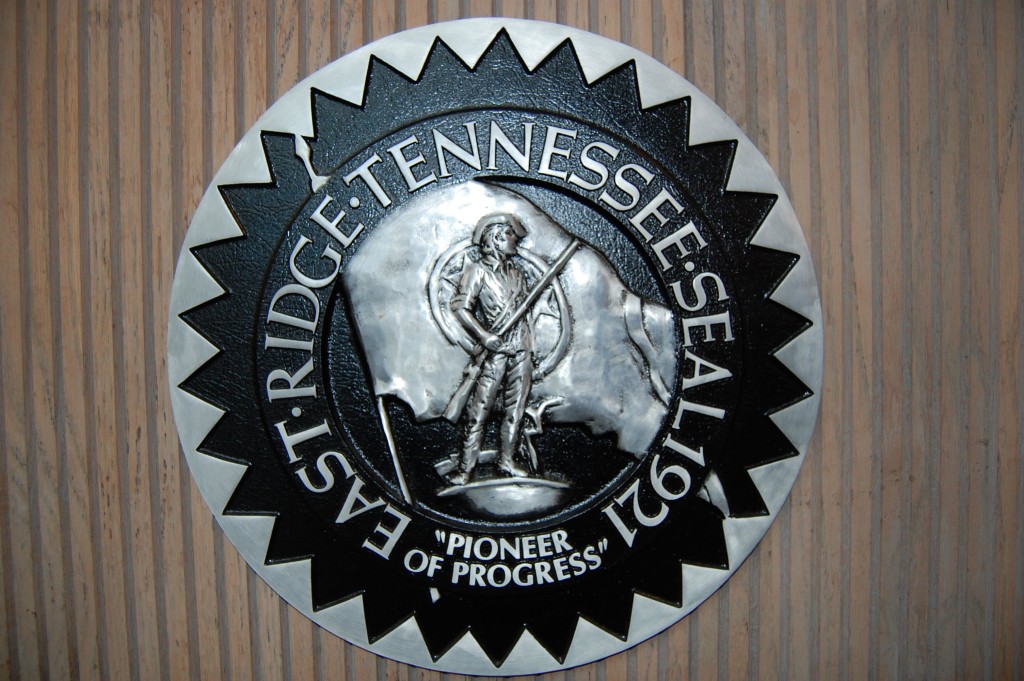East Ridge officials continue to struggle with regulating “extended stay” motels in the city.
Kenny Custer, the city’s Director of Community Services and its chief building official, briefed members of the planning commission on proposed amendments to an ordinance which regulates the number of days in which a patron may stay in a hotel/motel in East Ridge. Custer said that city officials have been wrestling with the issue for more than five years.
Going forward, the city will now use a different term for “extended stay” motels. It will now be referred to as “long-term hotels,” Custer explained.
Amendments to the current “extended stay” ordinance were tabled several years ago after it was met with opposition by representatives of the hospitality industry. Those amendments would put a cap of 120 days per year in which a person could stay in one of the city’s motels. The hotel/motel industry opposed the measure arguing that numerous business people/contractors stay in motels on a regular basis and could exceed that length of time.
Custer told the planning commission that the city’s desire is to crack down on hotels/motels that essentially become a substitute for an apartment.
He asked the planning commission to give its blessing to several proposed amendments that would give “teeth” to the ordinance by providing penalties to hotel/motel owners. The proposed amendments would place a business on probation if it was discovered that someone had exceeded the 120-day limit. On a second offense, the hotel/motel would lose its license for 30 days. On a third offense, the business would lose its license for 12 months. In addition, it would then submit to a codes inspection to make sure it meets all “life-safety” standards.
Commission Chairman Mike Chauncey asked Custer about “loopholes” in the ordinance, such as a patron simply checking out, then checking back in and moving to another room. Custer said that he was sure that “someone would try and circumvent (the rules).”
Board member Larry Sewell commented about certain motels in the city which are havens for criminal activity. He asked if the city could sanction them as being a nuisance business?
Custer said there was nothing in the proposed amendments about criminal activity but that he would “look into it.”
City Attorney Mark Litchford explained to the board that legally going after a motel as a nuisance is “dicey.” He then referred to an unsuccessful attempt by Chattanooga police to shut down a motel on Brainerd Road near Spring Creek Road as a nuisance.
Custer noted that the proposed amendments, of course, must be approved by the city council. The planning commission voted 3-0 (Ann Pruitt and Casey Tuggle were absent) to approve the proposal.
Prior to the discussion concerning the “long-term” hotel stay ordinance, Custer rolled out a proposed “short-term” vacation rental ordinance.
This ordinance would identify property owners who rent out their houses or parts of their houses under a business model that goes under the trade name “Airbnb,” Custer said. The city would be able to regulate the length of stay and maximum occupancy. It would also establish certain safety measures like smoke alarms. The city would also be able to capture a hotel/motel tax from these types of properties.
The planning commission voted unanimously to approve such a measure.

